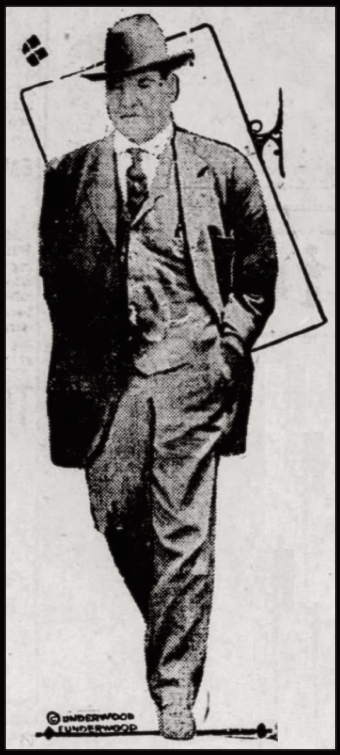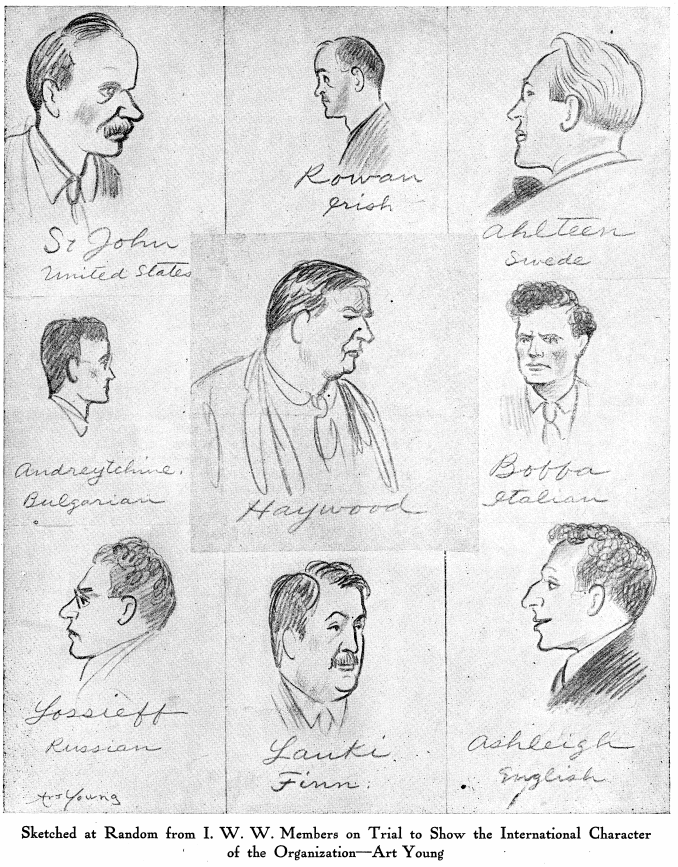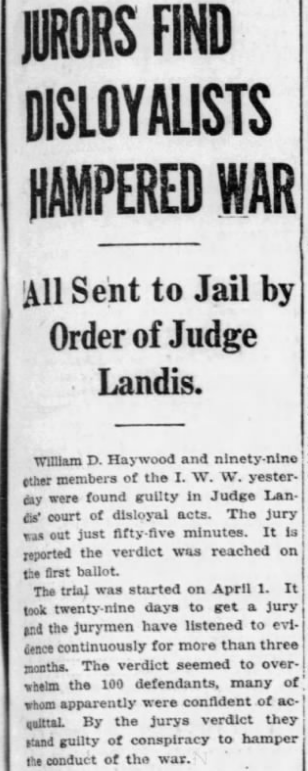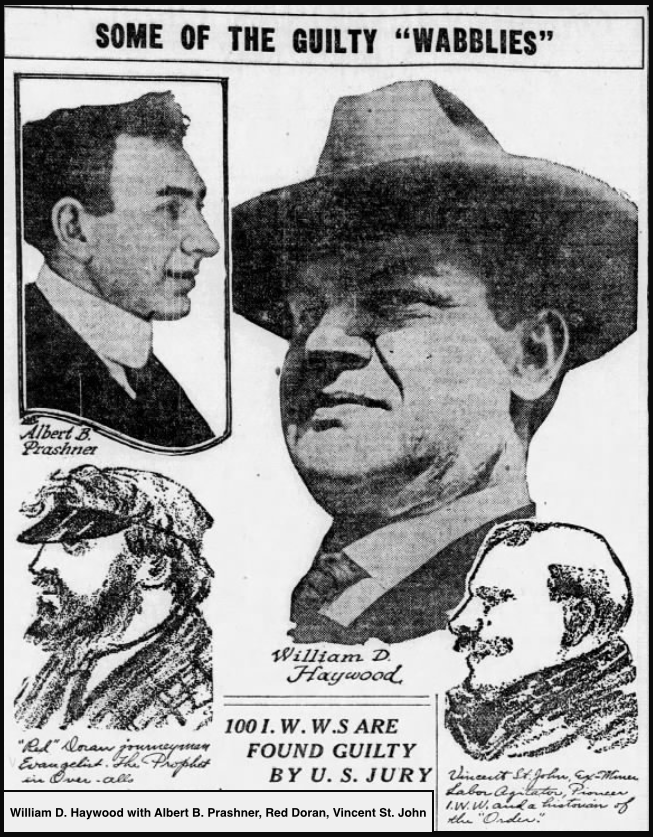
Hellraisers Journal – Wednesday January 15, 1919
Leavenworth Penitentiary, Kansas – Brutal Treatment of Prisoners Reported
From The New Appeal of January 11, 1919:
[Part 1 of 2.]
In its issue of last week The New Appeal reproduced a report of conscientious objectors at Camp Funston, Kans., detailing the brutal treatment to which they were subjected at the command of certain officers, contrary to the express directions of the war department in Washington. This report was published primarily as a matter of record, the guilty officers having been dismissed from the service and the conditions complained of corrected.
We are now in the way of making a more important exposure-an exposure of brutalities committed upon Socialists, I. W. W.s. and others imprisoned in the Federal penitentiary at Fort Leavenworth, Kans., brutalities that we have reason to believe have not been brought to the notice of the higher authorities since the efforts of interested persons to investigate these brutalities have been baffled at every turn by prison officials. Enough evidence has been dragged into the light, however, to make it shamefully plain, to use the words of Mrs. Floyd Ramp, wife of a Socialist prisoner, “that things are occurring in this penitentiary which citizens of a democracy should not knowingly countenance.”
Could Not Question Prisoners.
On December 12, F. H. Moore, a Chicago attorney, went to Leavenworth to discuss certain legal steps with the group of prisoners sentenced under the Chicago indictment of the I. W. W. alleged anti-war agitators. He also desired to make personal inquiry of the treatment the prisoners were receiving, disquieting reports of which had reached him through “underground” channels. In company with Miss Caroline A. Lowe, who assisted in the defense of the prisoners at the trial, Mr. Moore called upon the warden. They were told by the warden that they could talk over legal matters connected with the case, but they were absolutely forbidden to question the prisoners as to conditions in the penitentiary.
Mr. Moore, in a somewhat lengthy communication sent to The New Appeal, repeatedly emphasizes this autocratic censorship of the warden. As they interviewed, separately, each one of twenty-two prisoners held in solitary confinement with unusual punishment, the deputy warden, who was present during the interviews, sternly suppressed every attempt to question the prisoners as to the manner in which they had been handled and as to their physical condition at the time. Nor were Mr. Moore and Miss Lowe, when they met and conferred with the majority of the prisoners in a body permitted to refer to the condition of their fellow prisoners who were “in solitary.”

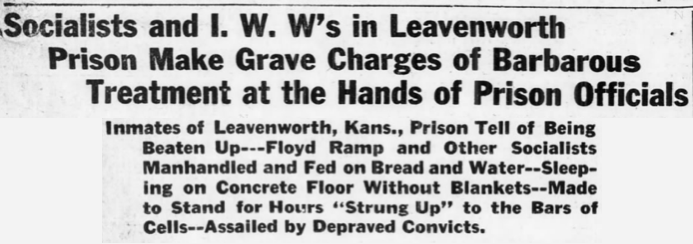
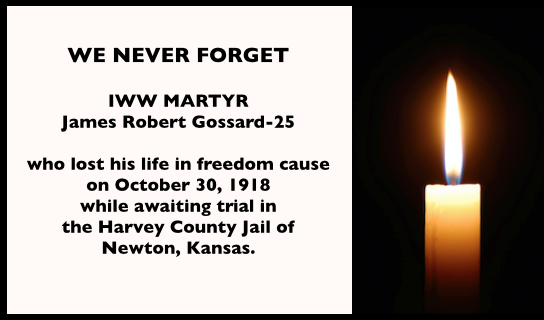

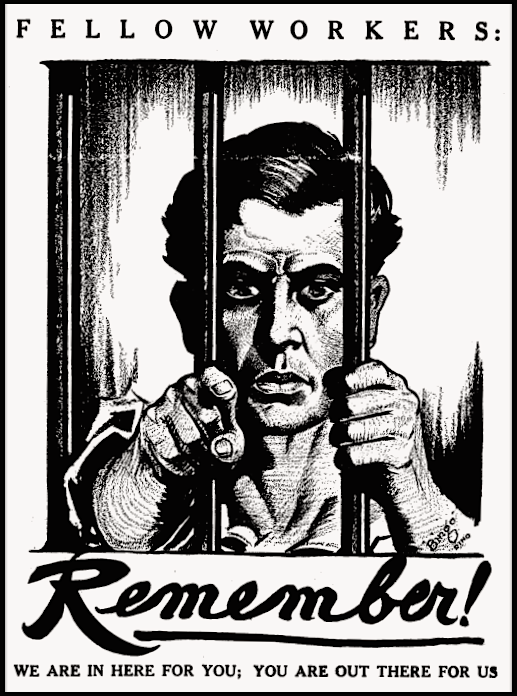
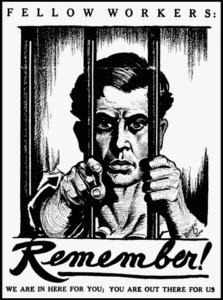
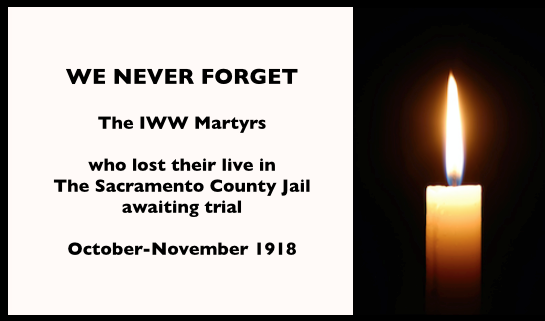
 ~~~~~~~~~~~~~~~~~~~~~~~~~~~~~~~~~~~~~~~~~~~~~
~~~~~~~~~~~~~~~~~~~~~~~~~~~~~~~~~~~~~~~~~~~~~
